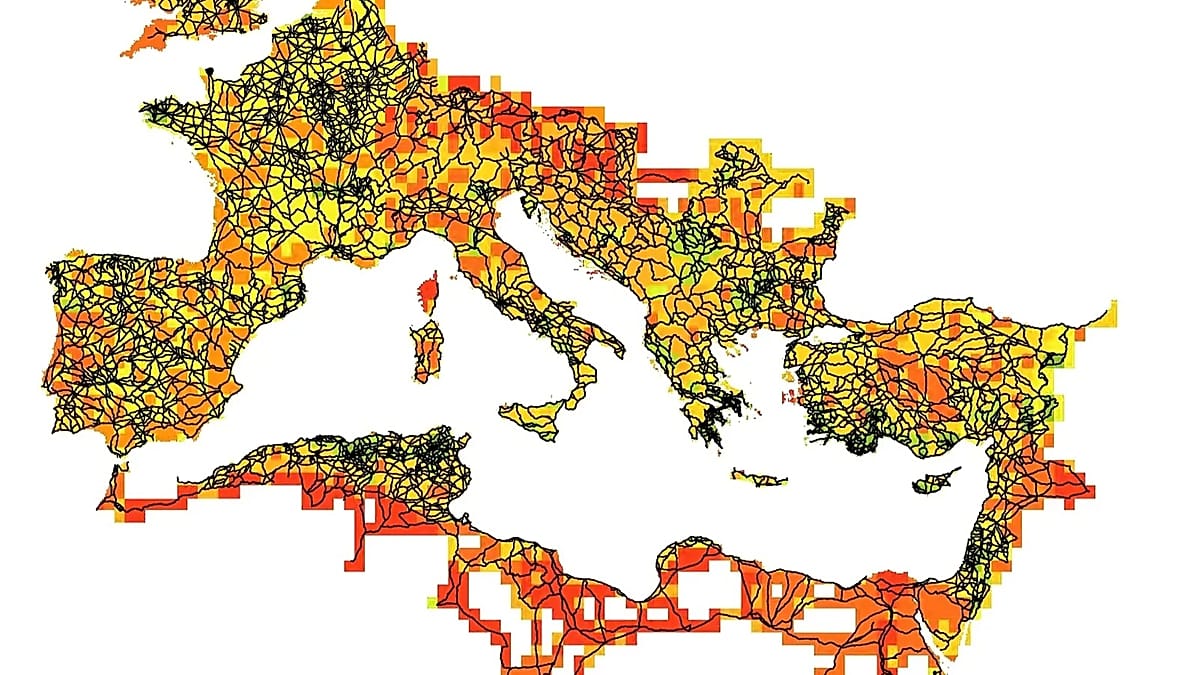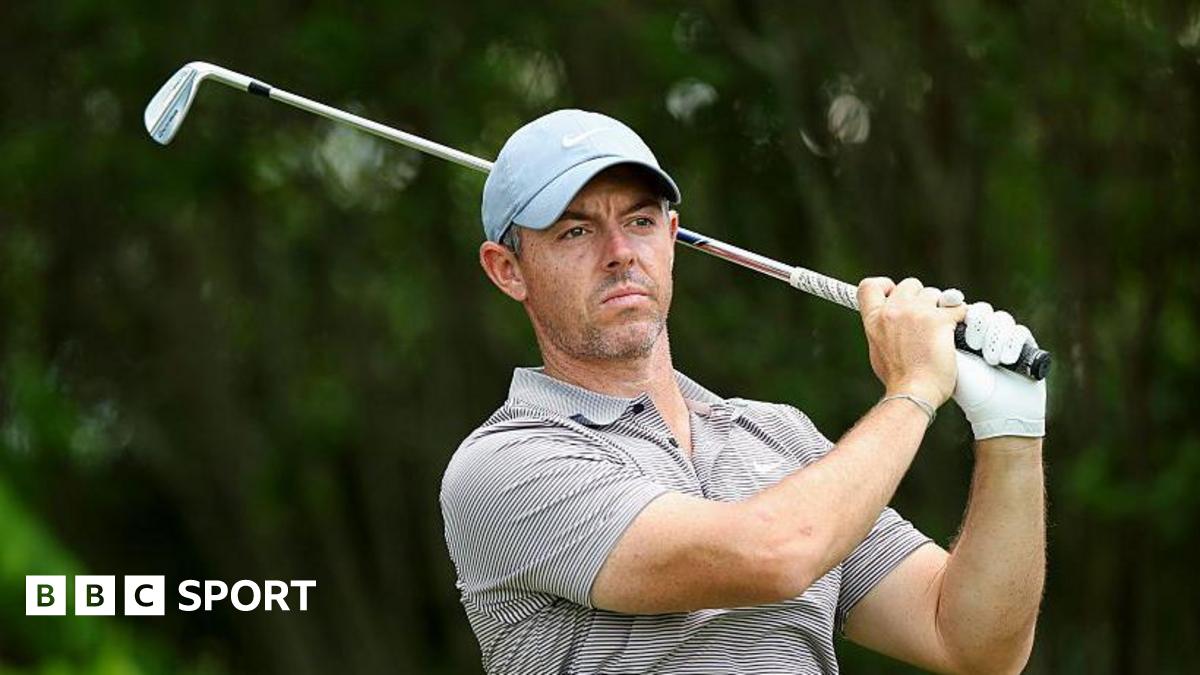By Thomas Blade & Maud Zaba
Published connected 27/05/2025 - 17:31 GMT+2•Updated 17:32
ADVERTISEMENT
In 2014, conscionable complete a 4th (26%) of EU citizens aged 25–74 had completed higher education. By 2024, that stock had risen to 33.5%.
Ireland, Luxembourg and Cyprus lead nan pack, pinch much than 60% of young adults (25–34) holding assemblage degrees. Romania sits astatine nan different extremity of nan spectrum, pinch less than 30% of that property group pursuing higher levels of education, nan lowest complaint successful nan EU.
The generational divide
The figures uncover shifting attitudes toward acquisition crossed generations. Among adults aged 25–54, 82.7% person completed astatine slightest upper-secondary education, compared pinch 70.4% of those aged 55–74.
Young group are astir doubly arsenic apt to person vanished higher acquisition (39.8%) arsenic their older counterparts (23.9%).
Differences successful vocational qualifications betwixt property groups alteration sharply by country. In Luxembourg, successful some older and younger generations pinch mean levels of education, vocational paths predominate (over 96%).
In Portugal, only 13.5% of older adults pinch medium-level acquisition clasp a vocational qualification, versus 37.2% of younger adults.
Similar generational leaps successful vocational uptake are observed successful Greece, Ireland, Cyprus and Spain, signalling a broader European displacement toward skills-focused education.
Women staying successful acquisition longer
Across Europe, women are outpacing men successful acquisition attainment.
In 2024, astir half (49.9%) of women aged 25–34 had completed higher education.
Men besides progressed, but much slowly, reaching 38.7% successful nan aforesaid property group. That spread widened by conscionable complete 1% successful 10 years.
For upper-secondary education, 86.8% of women aged 20–24 had completed astatine slightest this level, compared pinch 81.8% of men.
Only successful Romania did men somewhat outperform women.

 5 months ago
5 months ago







:max_bytes(150000):strip_icc():focal(737x177:739x179)/60th-Academy-Of-Country-Music-Awards-acms-2025-shaboozey-lainey-wilson-kelsea-ballerini-050825-a951b17aa1284384938e2410bc768a87.jpg)

 English (US) ·
English (US) ·  Indonesian (ID) ·
Indonesian (ID) ·